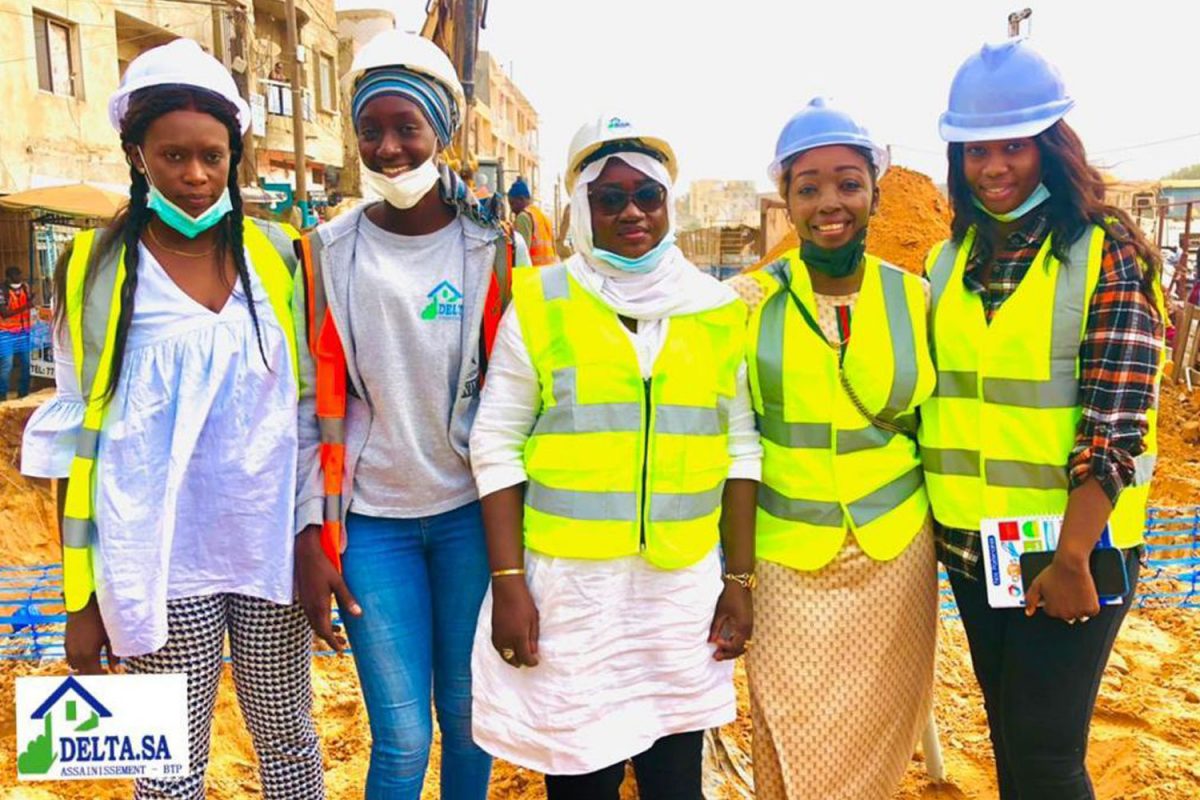I have participated in the sanitation space in various capacities – as an entrepreneur, innovator, consultant, trainer, and activist. Throughout my journey, I’ve met several interesting people in government, private sector, non-profits, and international organizations who have shaped my outlook and experience in my sanitation journey.
I have highlighted three women who, in my view, are illustrative of and epitomize the impact of the feminine touch in sanitation.
Winnie Guchu, Former Chief Administrative Secretary, Ministry of Water and Sanitation, Republic of Kenya.
I was honored to work with the CAS for Water and Sanitation while advocating for manual emptiers, a vital but often ignored group of sanitation workers whose services are highly sought after especially in informal settlements in Kenya’s urban centers. Winnie Guchu is the first highest-ranking government official to grant manual emptiers to an audience.


Madam Faye, Founder/CEO, Delta SA – Senegal
Madam Faye stands out as a sanitation entrepreneur in a male-dominated industry. Her company, Delta SA, employs 200 staff and was instrumental in significantly reducing open defecation in Dakar, the capital city of Senegal, constructing over 2,500 public sanitation structures in the outskirts of Dakar serving over 25,000 people.


Mary, Sanitation Technician
Mary (22 years) is a trained plumber in Kenya, a welcome sight in a male-dominated industry. My interactions with Mary are always refreshing because, unlike most operatives in the industry, she actually loves her work!

Kenyans have a love-hate relationship with technicians (electricians, handymen, and plumbers) or fundis most of whom are viewed as charlatans who overcharge or do substandard work.
Mary’s enthusiasm and charm make her a favorite with customers – they feel that with Mary, they won’t be hoodwinked into overpaying for substandard workmanship.
As a woman and mother, I feel I understand why Mary, Madam Faye, and Winnie Guchu make their mark in the sanitation industry and opine that perhaps gender balance in the sanitation value-chain may be just what we need in our push towards universal sanitation.

